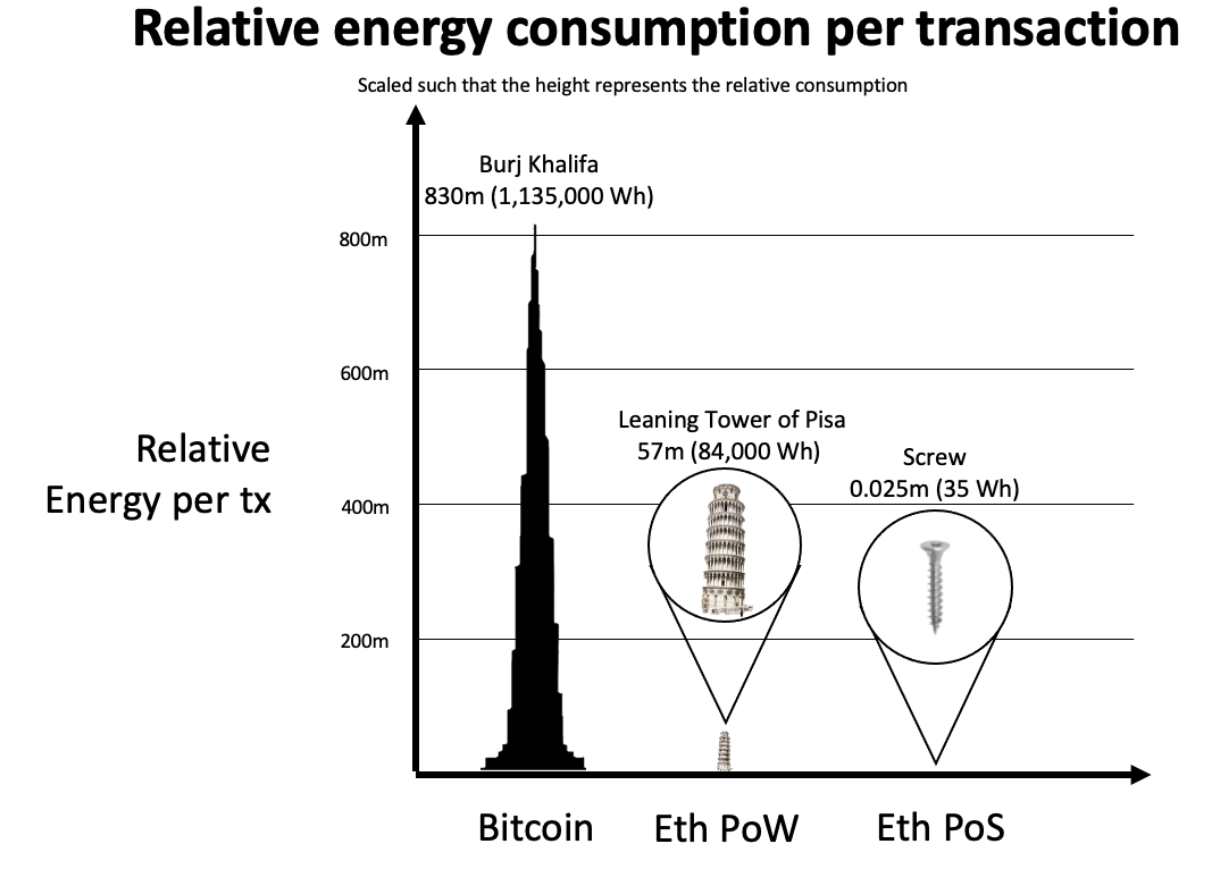Share this
NFT and the Environmental impact
by Sara Mandic on Jun 24, 2021 10:17:21 AM
Artists/musicians face a huge challenge in earning a living. Especially with the COVID-19 pandemic, the economic situation and job market has worsened. This makes it all the more difficult for artists/musicians to earn income. Therefore, the digital art economy built around NFTs has provided them with a way to recover financially. Nevertheless, NFTs are in a bad light due to their high CO2 emissions and are therefore a topic of strong debate. This article will help you understand NFT and the environmental impact. Consequently, you can counter the criticism of their high energy inefficiency.
What is a NFT and what is the significance of the carbon footprint?
A NFT, non-fungible token, is a digital proof of ownership based on blockchain technology. It enables artists to prove the originality of their works and thus prevent plagiarism. You can mine NFTs on different cryptocurrencies, resulting in different sized carbon footprints. The carbon footprint gives the estimate of all carbon emissions within the process, activities and actions.
NFT and the Environmental impact - Ethereum and Bitcoin
The carbon footprint of sending an art print/music piece by mail is about 2.3 CO2 (according to estimates by the business portal Quartz). In contrast, Digiconomist estimates that a single Ethereum transaction consumes up to 33.4 kg of CO2. This is because cryptocurrencies such as Bitcoin and Ethereum are based on the Proof of Work (PoW) protocol. This means that the process of mining requires more time and power. This is needed to solve cryptographic tasks and validate transactions. Nevertheless, many PoW solutions are aware of energy consumption and strive to use green energy. Therefore, their calculated CO2 emissions suggest errors in the calculation.
NFT and the Environmental impact - license.rocks
The NFT solution of license.rocks uses the sidechain Polygon (ex Matic) and thus, in contrast, consumes only 1% of the CO2 emissions that a transaction via Ethereum requires. Indeed, License.rocks builds Polygon on the Proof of Stake (PoS) concept. This concept is not about solving complex cryptographic puzzles to prove the required computing power (Proof of Work aka PoW). Rather, it is about depositing shares of cryptocurrency (staking). Positive validation results receive additional cryptocurrency as a reward. False validation results, on the other hand, receive as a penalty that parts of the deposited cryptocurrency are then deducted (slashing). Such PoS transactions therefore involve less time and consequently less energy intensity.
Thus, our energy consumption is comparable to that of GreenNFT / CleanNFTs, whose cryptocurrency is also based on the PoS system and thus can save 99% of electricity consumption, similar to us. GreenNFTs / CleanNFTs advocate the use of platforms that mine (create) NFTs in an environmentally friendly manner.
Outlook - ETH 2.0
According to the official Ethereum website in all likelihood Ethereum will have completely changed its consensus approach from PoW to PoS in 2022. At that point, Ethereum will be approximately 2000 times more efficient in terms of energy and will thus only consume 0.02% of the current energy costs. This means that in addition to the already very efficient Polygon Sidechain solution, Ethereum will also become more energy friendly in a timely manner.
We don't want to cause any misunderstandings, we don't want to greenwash or somehow endorse high energy consumption of decentralized technologies at the expense of the environment.
We simply want to show that by using a sidechain solution, the use of Ethereum is just as legitimate as it is touted by many alternative PoS chains.

(Bildquelle: https://blog.ethereum.org/2021/05/18/country-power-no-more/)
Is more possible?
We can offer any splits in each transaction. That means we could also include other offset options. There are numerous startups that are working on this right now. Please contact us and we can offer you CO2 neutral or even CO2 negative transactions.
No Comments Yet
Let us know what you think